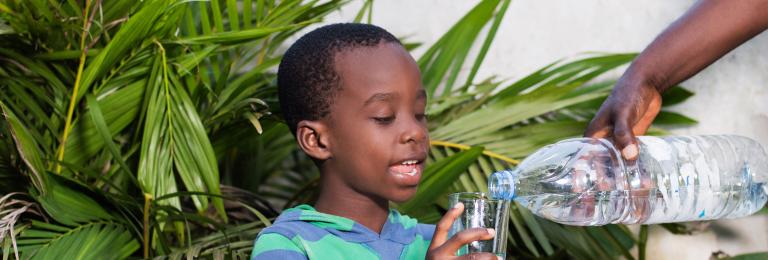Sugar is Sweet and Drinks are too
What is the largest source of added sugar in children’s diets? It’s not cake or candy –it’s drinks sweetened with sugar!
Children are drinking more soft drinks, juice, punch and sports drinks than ever before. The added sugar in these drinks provides few nutrients for growing bodies. In fact, a diet high in sugar increases a child’s chance of having an unhealthy weight, getting dental cavities, or not getting enough calcium (from food and drinks like plain milk, which is an excellent source of calcium).
Did you know?
- A large pop (730 mL) has enough sugar to equal 21 sugar cubes
- A 355 mL can of pop or sports drink contains 10 sugar cubes
- Ice tea (355 mL) contains eight sugar cubes
Many people don’t realize how much sugar is added to their favourite drinks. Teaching kids to be sugar smart while they are still young can help them make better choices for years to come. With so many sugary products available, setting a good example at home is more important than ever.
Here are some more tips:
- Water is the best choice to satisfy thirst. It is a calorie free and sugar free way to stay hydrated, energized and alert.
- Serve your children water and plain milk during snack and meal times.
- Serving 100% juice is okay. Health Canada says that a serving of juice is ½ cup (125 mL) a day. If your drink or offer juice, remember less is best! Dilute with water to stretch it further if desired.
- Read drink labels in order to avoid purchasing drinks high in added sugars. Added sugar can be listed on the label as sucrose, high fructose corn syrup, dextrose or fruit juice concentrate.
- Fresh and frozen fruit, instead of juice, can be great options and have so many nutrients to keep young bodies healthy.
Tips for different Ages:
- Infants —juice is not recommended for infants 0-6 months.
- Children—do offer not more than ½ cup (125 mL) each day as part of a meal or snack.
- Teens/adults—have no more than 1 cup (250 mL) each day.
Source: Healthy Beginnings Preschoolers
